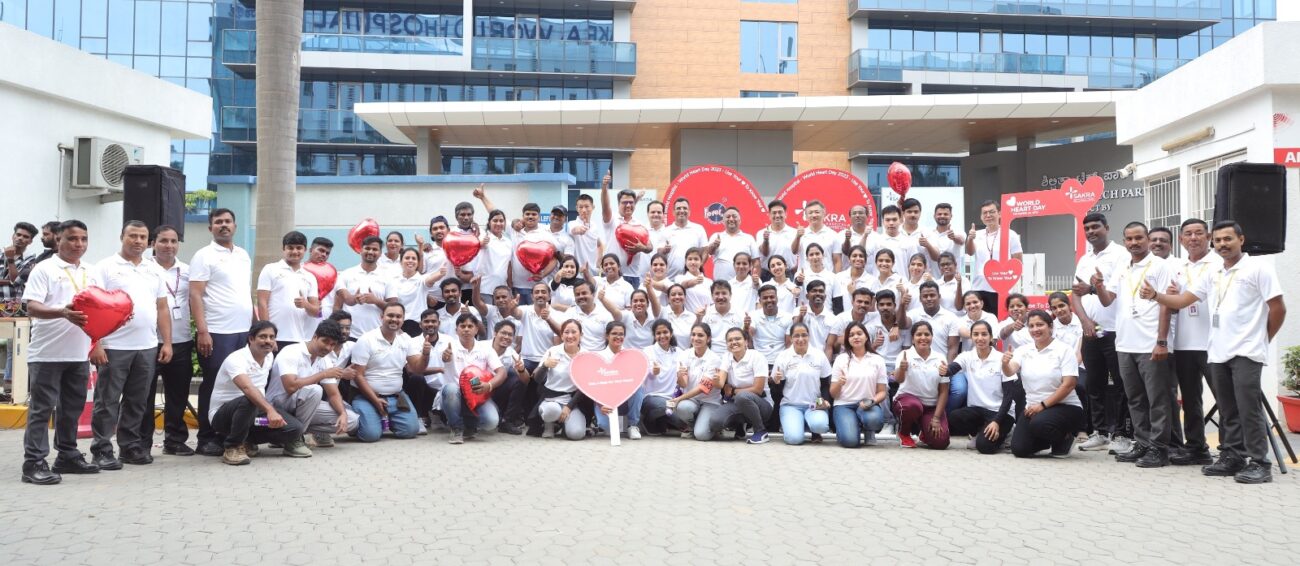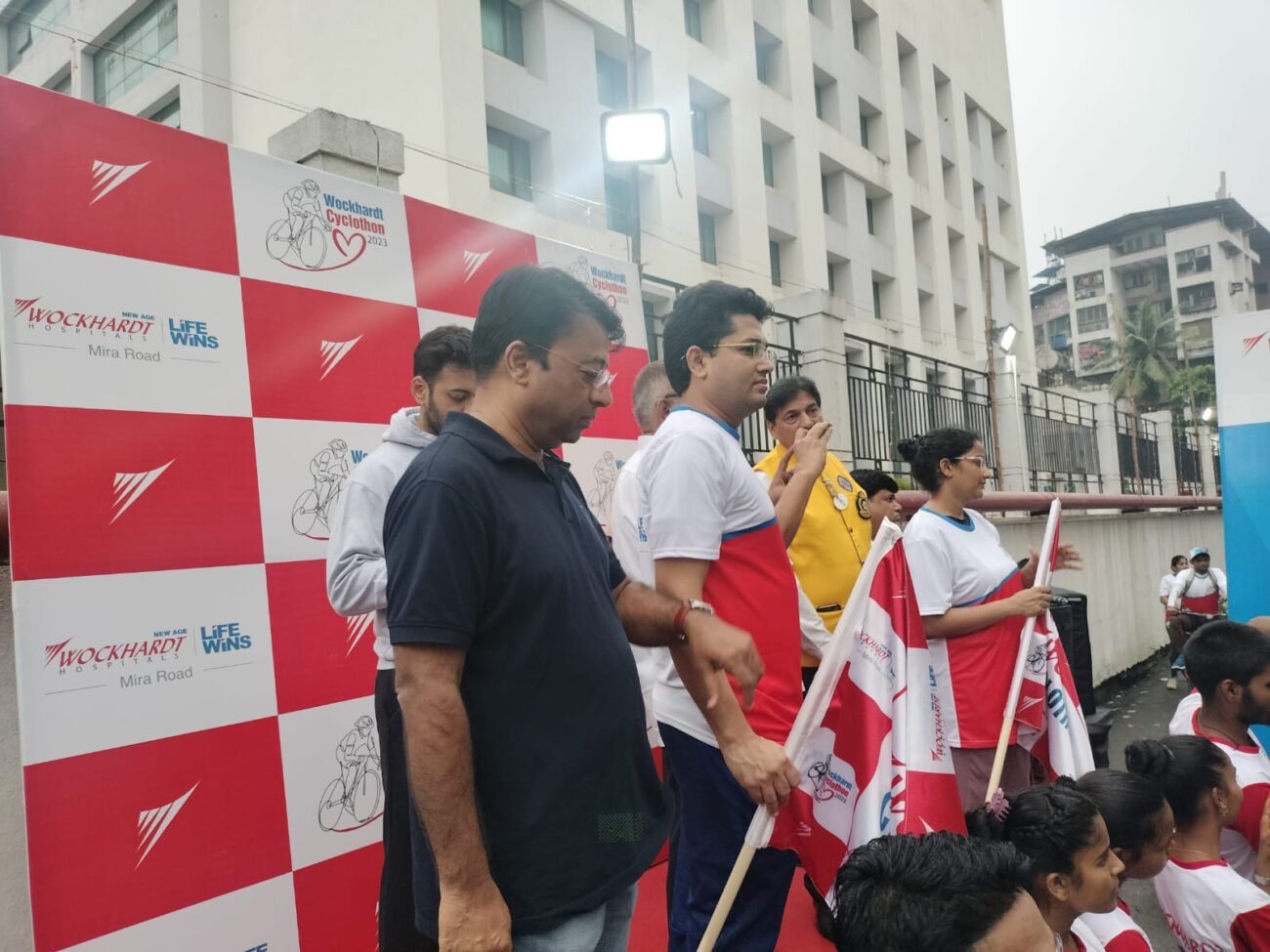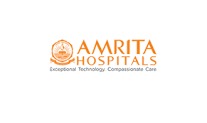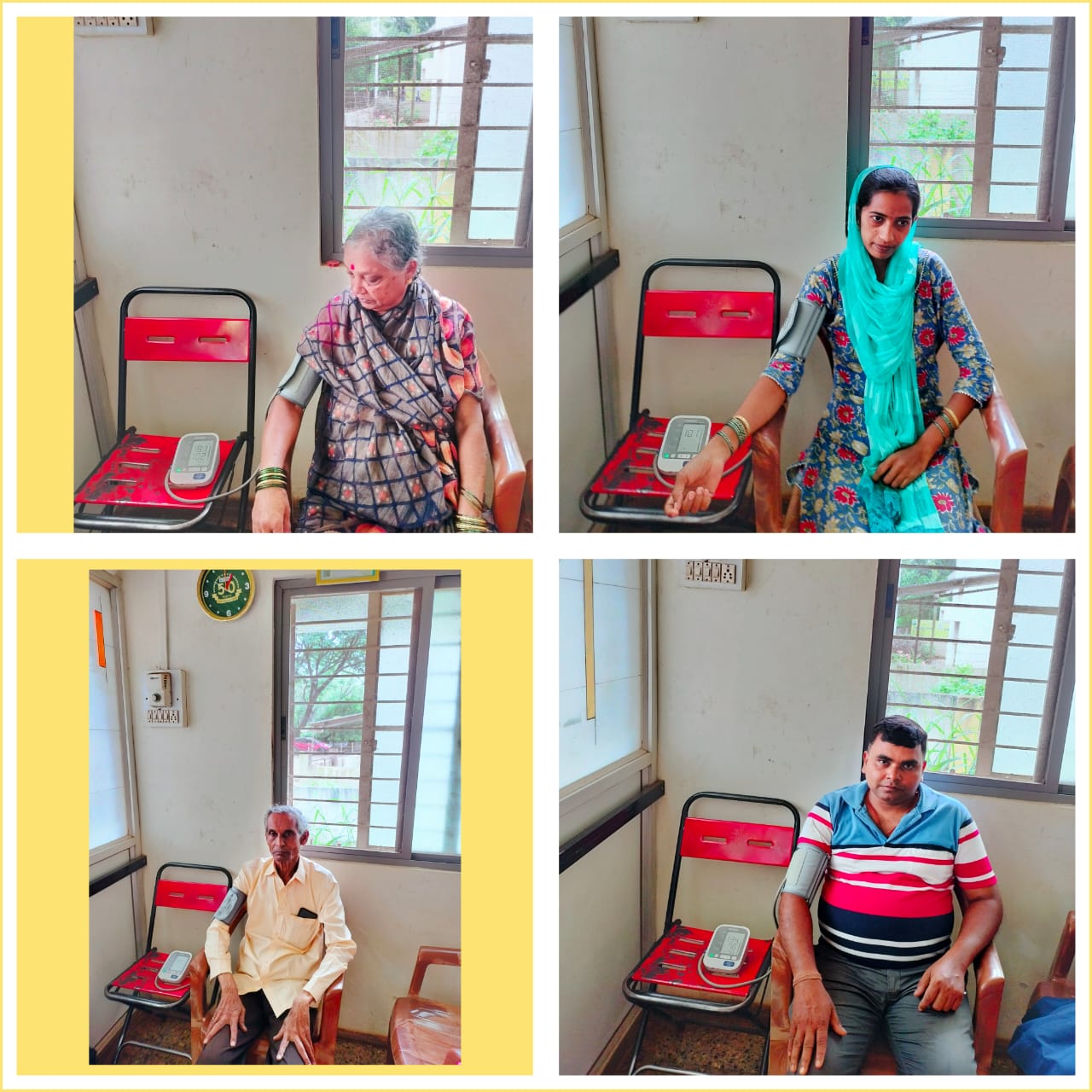Congenital heart disease in India- Prevention and Cure
Dr Priya Pradhan Consultant Pediatric cardiologist, SRCC Children’s hospital managed by Narayana Health Congenital heart disease in India- Prevention and Cure “I thought I would teach my child about the world…turns out, I have to teach the world about

Dr Priya Pradhan
Consultant Pediatric cardiologist,
SRCC Children’s hospital managed by Narayana Health
Congenital heart disease in India- Prevention and Cure
“I thought I would teach my child about the world…turns out, I have to teach the world about my child” A Kenwell. This sentence truly summarises the feeling of the parents of every young cardiac disease warrior that exists!
What is congenital heart disease (CHD)?
It is a birth defect that occurs when the baby’s heart is being formed in the womb. The human heart is made of 4 chambers, 4 valves, 4 types of blood vessels, conduction system and the layers of flesh covering the heart. A defect in formation of any of these structure, can give rise to congenital heart disease. There are more than 100 types of congenital heart diseases that are known to doctors in the current era.
Is it common and /or a serious problem?
Congenital heart disease is the commonest birth defect known to mankind. Global studies show that 8 to 10 out of 1000 children born have this problem. So extrapolating this to India’s population we have 2.5 lac babies being born with heart disease every year.
It is definitely a serious problem as 25% of these children die before celebrating their 1st birthday if left untreated.
How does it occur? Can we prevent it?
As so little is known about the causes of congenital heart disease, there’s no guaranteed way of avoiding having a baby with the condition. However, if you’re pregnant, the following advice can help reduce the risk:
- Ensure you are vaccinated against rubella and flu.
- Avoid drinking alcohol or taking medication.
- Take 400 micrograms of folic acid supplement a day during the first trimester (first 12 weeks) of your pregnancy – this lowers your risk of giving birth to a child with congenital heart disease, as well as several other types of birth defect.
- Check with your GP or pharmacist before you take any medicine during pregnancy, including herbal remedies and medicine that’s available over the counter.
- Avoid contact with people who are known to have an infection.
- If you have diabetes, make sure it’s controlled.
- Avoid exposure to organic solvents, such as those used in dry cleaning, paint thinners and nail polish remover.
Can congenital heart disease be cured?
CHD is treatable in most cases but curable in only few. All of it depends upon the type and severity of the defect. For that your doctor will do a physical exam and listen to your heart with a stethoscope. You will be asked questions about your symptoms and medical and family history.
Tests to diagnose or rule out congenital heart disease include:
- Electrocardiogram (ECG).This painless test records the electrical signals in your heart. An ECG can diagnose many heart problems, including irregular heartbeats and blocked arteries. Sometimes, ECGs are done while you exercise, typically on a bike or treadmill. This method is called a stress test.
- Chest X-ray.These images can show changes in the size and shape of your heart and problems with your lungs.
- Pulse oximetry.A small sensor attached to your finger can estimate how much oxygen is in your blood.
- Sound waves (ultrasound) create images of the moving heart. Your doctor can use this test to see how your heart’s chambers and valves are pumping blood through your heart. Echocardiograms may also be done while you exercise, typically on a bike or treadmill.
- Transesophageal echocardiogram.If more-detailed images of your heart are needed, your doctor may recommend a Transesophageal echocardiogram. In this test, a flexible tube containing the transducer is guided down your throat and into the tube connecting your mouth to your stomach (esophagus). It’s done while you are sedated.
- Cardiac CT scan and MRI.These tests create images of your heart and chest. Cardiac CT scans use X-rays. Cardiac MRI uses a magnetic field and radio waves to create images of your heart. For both tests, you lie on a table that slides inside a long tubelike machine.
- Cardiac catheterization.Your doctor might use this test to check blood flow and blood pressures in your heart. You’ll be given sleeping medication. Then, the doctor gently inserts a catheter into an artery or vein in your groin, neck or arm and up to your heart. X-rays are used to guide the catheter to the correct position. Sometimes, dye is injected through the catheter. The dye helps blood vessels show up better on the images.
How is Congenital heart disease treated?
Congenital heart disease can often be treated successfully in childhood. However, some heart defects may not be serious enough to repair during childhood, but they can cause problems as you grow older.
Treatment of congenital heart disease in adults depends on how severe your heart problem is. You may simply be monitored, or you may need medications or surgery.
Watchful waiting
Relatively minor heart defects might require only occasional checkups with your doctor to make sure your condition doesn’t worsen. Ask your doctor how often you need to be seen.
Medications
Some mild congenital heart defects can be treated with medications that help the heart work more efficiently. You might also need medications to prevent blood clots or to control an irregular heartbeat.
Surgeries and other procedures
Several surgeries and procedures are available to treat adults with congenital heart disease.
- Implantable heart devices.A device that helps control your heart rate (pacemaker) or that corrects life-threatening irregular heartbeats (implantable cardioverter-defibrillator or ICD) may help improve some of the complications associated with congenital heart defects.
- Catheter-based treatments.Some congenital heart defects can be repaired using catheterization techniques. These treatments allow a repair to be done without open-heart surgery. Instead, the doctor inserts a thin tube (catheter) into a leg vein or artery and guides it to the heart with the help of X-ray images. Once the catheter is positioned, the doctor threads tiny tools through the catheter to repair the defect.
- Open-heart surgery.If catheter procedures can’t fix your heart defect, your doctor might recommend open-heart surgery.
- Heart transplant.If a serious heart defect can’t be repaired, a heart transplant might be an option.
Follow-up care
Most congenital heart defects regular follow with a heart doctor. Some may need lifelong follow up too.
If you’re an adult with congenital heart disease, you’re at risk of developing complications — even if you had surgery to repair a defect during childhood. Lifelong follow-up care is important. Ideally, a cardiologist trained in treating adults with congenital heart defects will manage your care.
Follow-up care may include regular doctor checkups and occasional bloodwork and imaging exams to screen for complications. How often you’ll need to see your doctor will depend on whether your congenital heart disease is mild or complex.
Are Indian doctors and hospitals well equipped to handle these cases?
Congenital heart disease management needs a lot of resources in terms of experienced team of doctors consisting of pediatric cardiologist, pediatric cardiac surgeon, pediatric cardiac anaesthetist, pediatric cardiac intensivists, a trained radiologist, well trained paraclinical workers like perfusionists and expert nurses. It also needs specialised and advanced equipment, state of art catheter laboratories, operation theatres and diagnostics. The team also needs members like geneticist, nutritionist, psychologist, play therapist, physiotherapist, dentist, occupational therapist etc.
There are very few centres in this country with such an armamentarium .But the work that is done here is comparable to any other centre in the west.
The success rates meet international standards in most centres who practice advance CHD care programmes in India.






